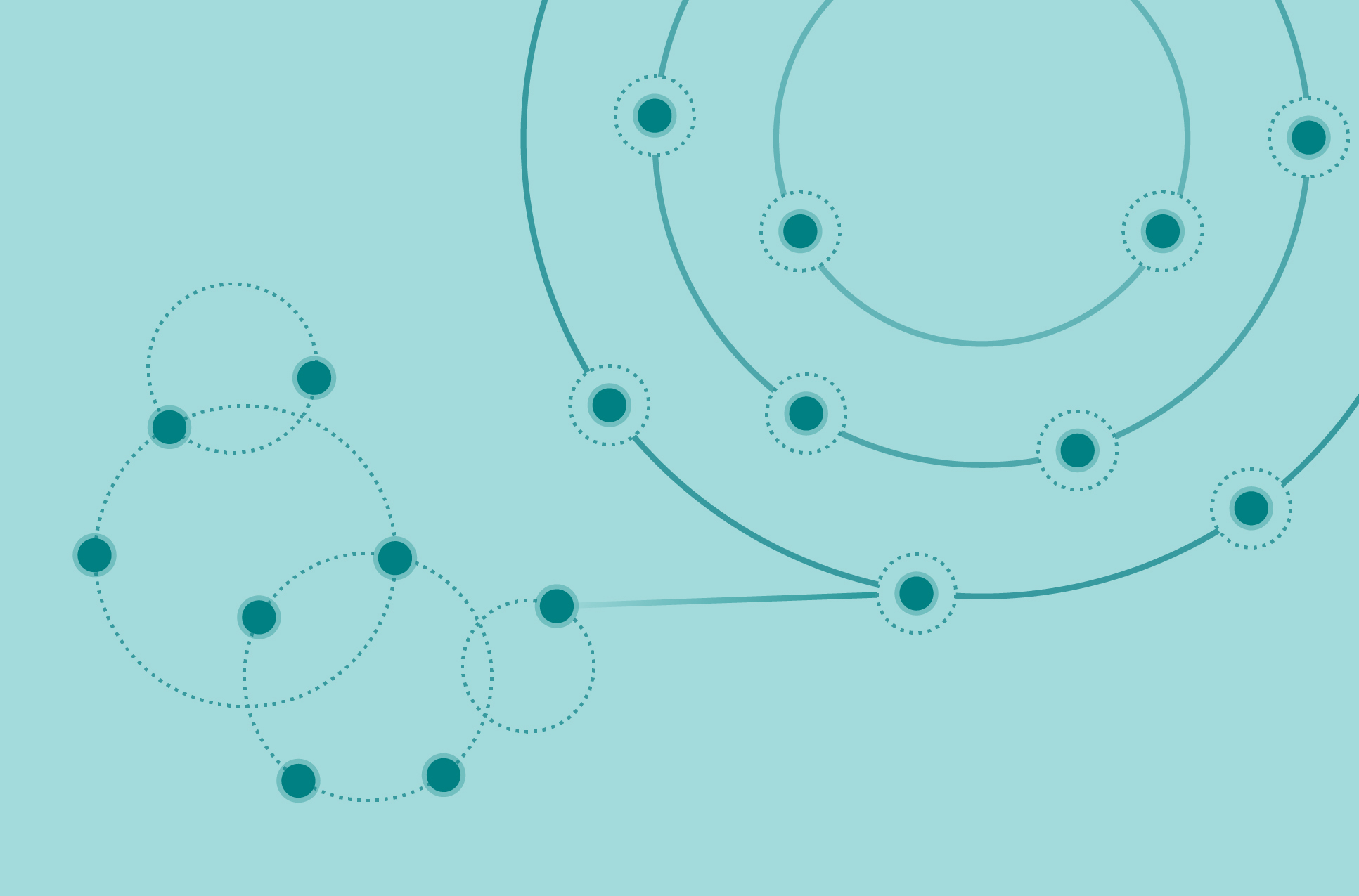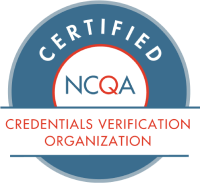Disruption is happening in every industry these days. To be hailed a “disrupter,” a company must challenge the status quo. One way to do that is to question industry assumptions. It takes a bold and forward-thinking company to take on entrenched “we’ve always done it this way” practices, especially in a highly regulated industry like health insurance.
U.S. health insurance business strategies, administrative protocols and profit models have remained stagnant since their development in the 1920s and 30s. Clover Health is changing the status quo—aligning profit with preventative care and member health—by challenging three industry assumptions.
Assumption #1: The Profit Model Works
The assumption has always been this: To make a profit, health insurance companies must calculate the health risk of their insured population, and then charge premiums higher than that risk. This formula assumes that a population’s health is a static condition that cannot be improved. It also suggests insurance companies need to limit patient care in order to increase profits.
“Currently the only levers you can pull as an insurance company are how much you pay and how much you collect. The business model is rigid,” explains Alicia Beckett, Product Manager at Clover Health. “We believe this business model is inherently flawed because patient health outcomes are viewed as invariable. By improving our members’ health, we are able to significantly reduce the cost of care and increase profit. The majority of expense comes from hospitals, so we are able to bring down the cost of care by preventing hospitalizations. Aligning our profit margins with the well-being of members, rather than assuming the risk level is static, it is in our financial best interest to do preventive care and help manage chronic disease.
“In an effort to provide the best possible experience for our members, we don’t outsource any of our customer service, and have built an awesome customer experience made up of friendly people that love talking to our members. We know insurance is confusing and intimidating, especially for our Medicare population, so we encourage our team to spend as much time on the phone as it takes to resolve their issue. Rather than try to reduce the call time, like most customer service departments, our primary metric for these calls is if the issue was resolved and the member’s anxiety reduced.”
Assumption #2: Health Insurance Administration is a Headache that Everyone Has to Deal With
Taking a step back to look at where humans excel and where technology can step in to improve work systems, Clover is improving not only the lives of patients, but also the lives of providers and Clover employees.
It is increasingly difficult for providers to spend more than 10 minutes with each patient because of the amount of time required to complete the paperwork necessary for billing and insurance administration. What’s more, insurance companies are confronted with mountains of data entry required for enrollments, member and provider management, as well as credentialing.
Beckett argues, “People aren’t meant for data entry, and we want our employees to reach their fullest potential. Human error is unavoidable, so if you rely on an army of people to do data entry perfectly, you’re going to be disappointed.” Examining its database of provider data, Clover found manual data entry to be costly and time consuming, as well as having a negative impact on the quality and accuracy of the data. Using intuitive online applications and automated processes reduces the administrative burden while simultaneously increasing the quality of data coming in.
Assumption # 3: A Health Insurance Company is NOT a Technology Company
“To date, insurance technology has been approached as an afterthought, or a Frankenstein of bolt-on functionality,” says Beckett. “For example, something as basic as keeping a current provider directory is almost impossible because there will be two or three incompatible copies of provider data. At Clover, we’re looking at the fundamental flaws currently inherent in insurance tech and working to solve them in a holistic way to improve the quality of care for members, while reducing errors, redundancies and inconsistencies for providers.”
Technology is at the core of Clover’s ability to challenge assumptions #1 and #2. Most health insurance companies see themselves as an insurance company with technology as an afterthought. They outsource, buy software, contract with another company to develop a unique system, or have a few IT people on staff. They use outdated technology like faxes, FTPs, Silverlight and Explorer 7.
“At our core we are a data-driven technology company and have built a strong in-house team of engineers and data scientists,” Beckett explains. Clover doesn’t want to just fix the broken systems that ought to work—like provider directories—it wants to completely redefine them. For Clover, this means utilizing and analyzing data like no insurance company has ever done.
“We are able to combine data from many sources—lab data, EMR data, claims data, nurse practitioner data—to develop a robust view of a member’s health and life. Creating insights from the data is extremely challenging, but our technology is great at working through data management problems and complex data. I believe that is what technology is meant to do, and since we have some of the best tech talent in the world, we’re able to build systems that translate the data we’ve collected to real-world action. We’re building our technology from the ground up because the quality of insights we glean from data would be impossible for companies with fragmented technology and outdated systems.”
Clover’s technology not only solves the administrative nightmares in health insurance, but helps members actively manage their health and ultimately improve their quality of life.
Empowered by technology, Clover is able to do things differently. Focusing on data-driven insights to provide preventive care and diligent management of chronic conditions, Clover cuts unnecessary costs while putting members’ health first.



